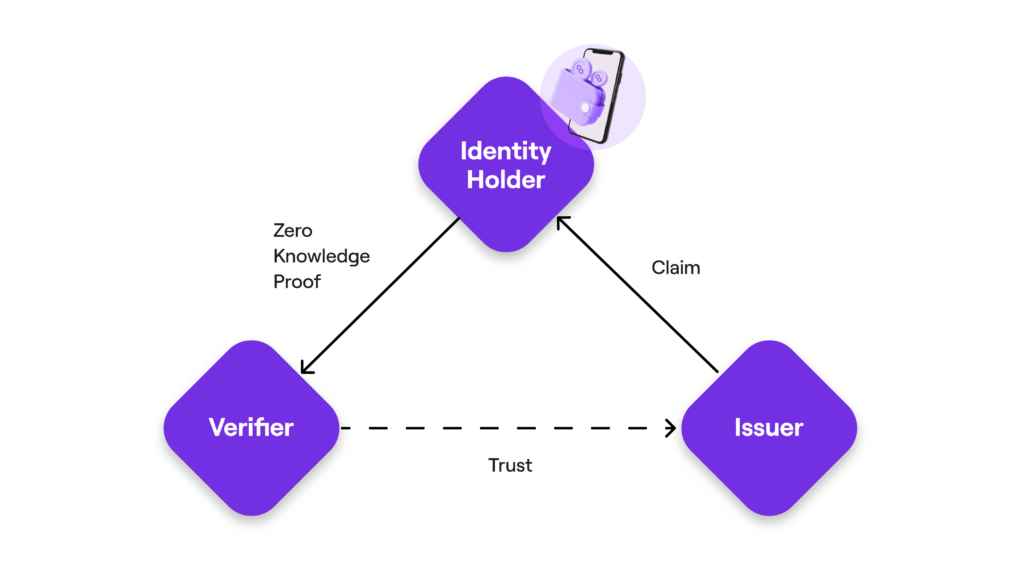Polygon has released a self-sovereign identity infrastructure stack that is built on Zero Knowledge Proofs (ZKP), making it the first identity solution that enables users to interact with smart contracts using ZKPs. The new infrastructure is set to revolutionize decentralized identity by offering users a way to verify their identities while safeguarding the privacy of their personal data.
What are Zero Knowledge Proofs – ZKP?
A zero-knowledge proof is a way for one party to prove to another party that a statement is true without revealing any additional information other than the statement’s truthfulness. This is accomplished using cryptographic techniques and is useful in situations where privacy and security are important.
What is Polygon ID?
Polygon ID can be used to build off-chain credentials such as diplomas, driver’s licenses or national IDs. Developers can also leverage zero-knowledge technology within their existing compliance processes without sacrificing user privacy. The Polygon ID stack is also available under an open source license.
The Polygon ID is based on three main modules: Identity Holder, Issuer, and Verifier. These three entities form what is called the triangle of trust, where trust must exist between a Verifier and an Issuer. Every identity is identified by a unique identifier called a DID (Decentralized Identifier), and every identity-based information is represented via a Verifiable Credential (VC). VCs are issued by an Issuer to an Identity Holder, who generates zero-knowledge proofs of the VCs issued and presents these proofs to the Verifier for verification.

Who can use Polygon ID?
- DAOs: Using Polygon ID tools, DAOs can verify membership without needing their members to disclose their identity.
- KYC: Developers can build solutions that allow their end users to prove their eligibility once to receive a KYC credential, and then re-use that credential for financial and other high-value services without necessarily disclosing their personal information again.
- E-commerce Customer Onboarding: Polygon ID provides an identity layer for e-commerce customers that can be used to increase payment security while reducing the costs of storing customer and payment data.
- Passwordless Login: Passwordless logins exchange encrypted verifiable credentials by simply scanning a QR code or connecting to a desktop wallet, improving security and user experience.
- Undercollateralized Lending: Polygon ID can bring off-chain risk assessment and identity data on-chain by coupling the private on-chain credit score to a persistent identity, enabling minimized data to be shared securely.
- Portable Avatars & Reputation: Polygon ID can enable users to store and update digital assets (including avatars and objects), achievements, and progress to be used across different games and across the metaverse.
Conclusion
In an era where trust in centralized institutions is dwindling, decentralized solutions that prioritize privacy and security are gaining popularity. This is where Polygon ID comes in, allowing users to have complete control over their identities without compromising their privacy. Its unique architecture and compliance with W3C standards make it an attractive option for organizations looking to issue verifiable credentials and for other organizations looking to verify those claims.
The post Polygon ID: A Trustworthy and Secure Identity Infrastructure appeared first on YourCryptoLibrary.
Wil je op de hoogte blijven van het laatste nieuws? Abonneer je dan op onze push-berichten op Telegram of Twitter.
Heb je vragen of wil je in contact komen met andere crypto fanaten join dan onze Telegram chat!



